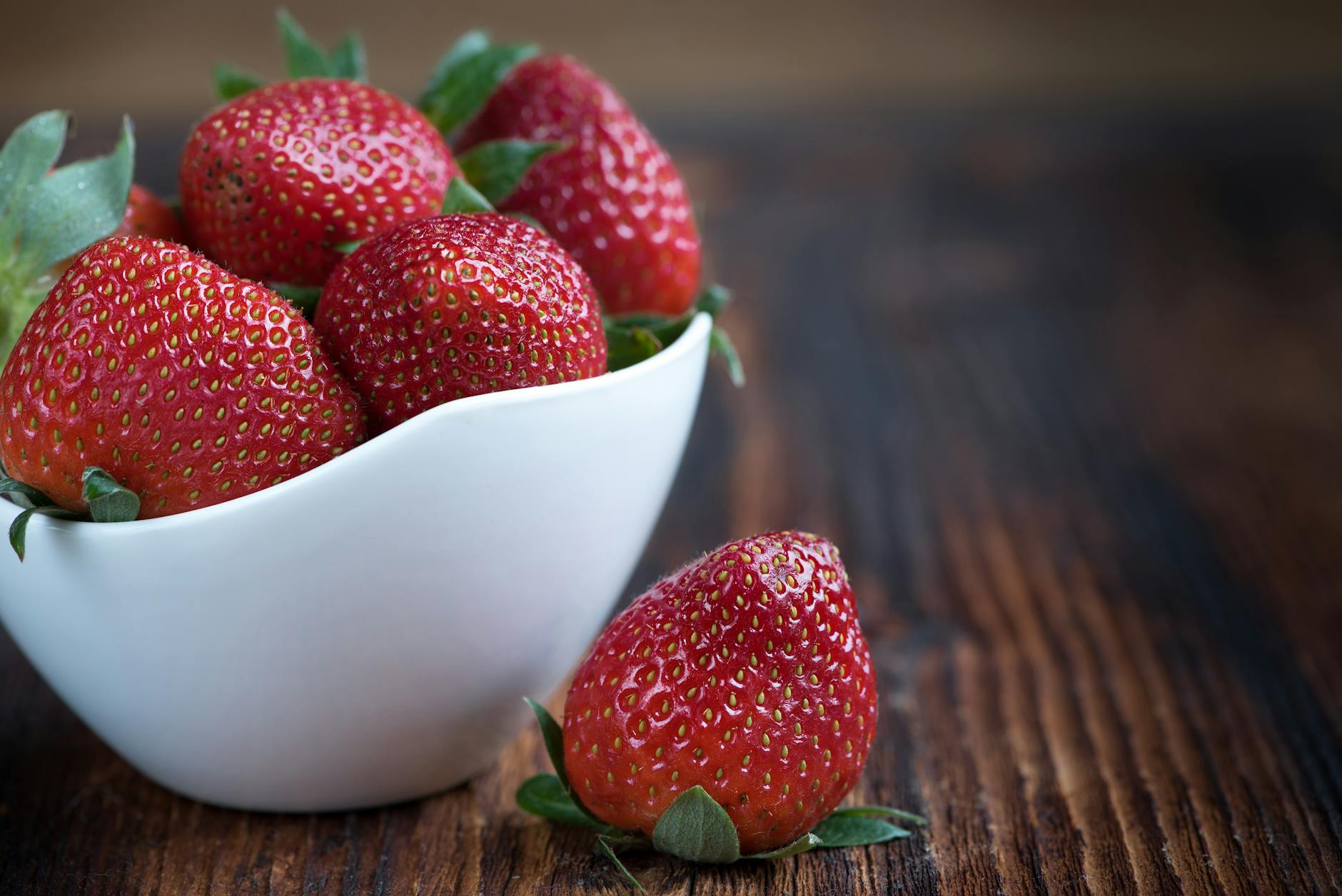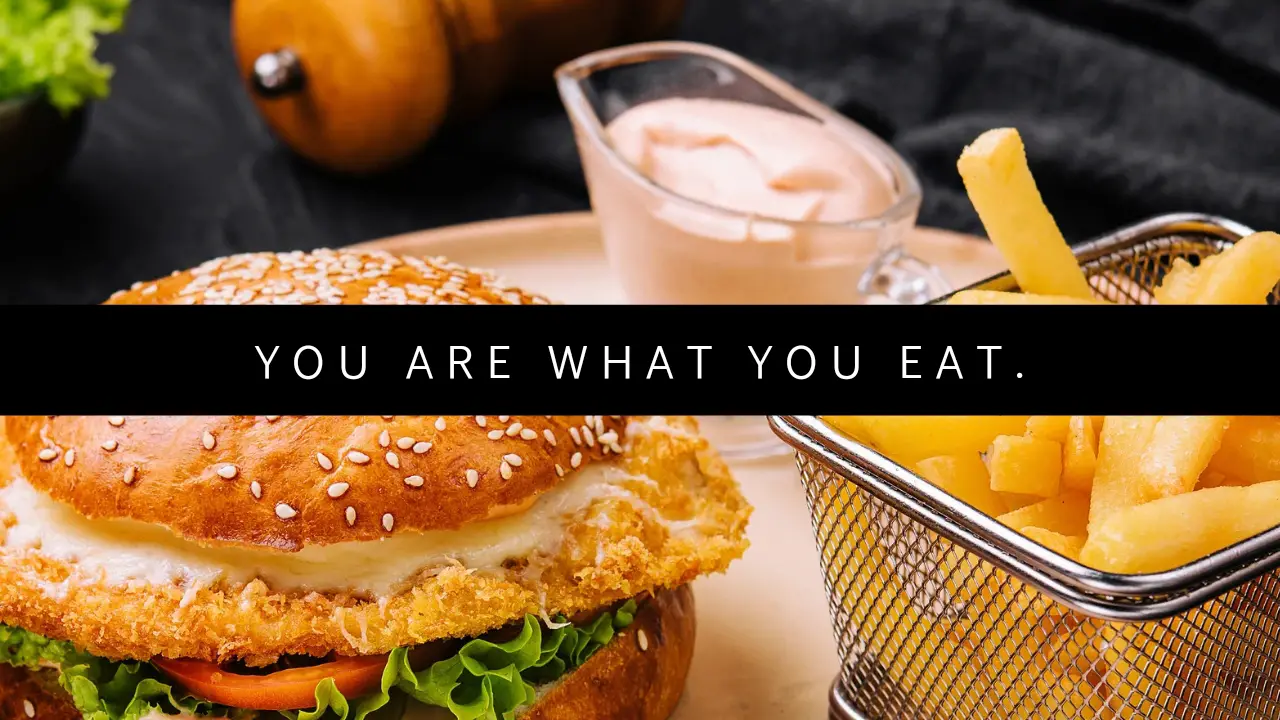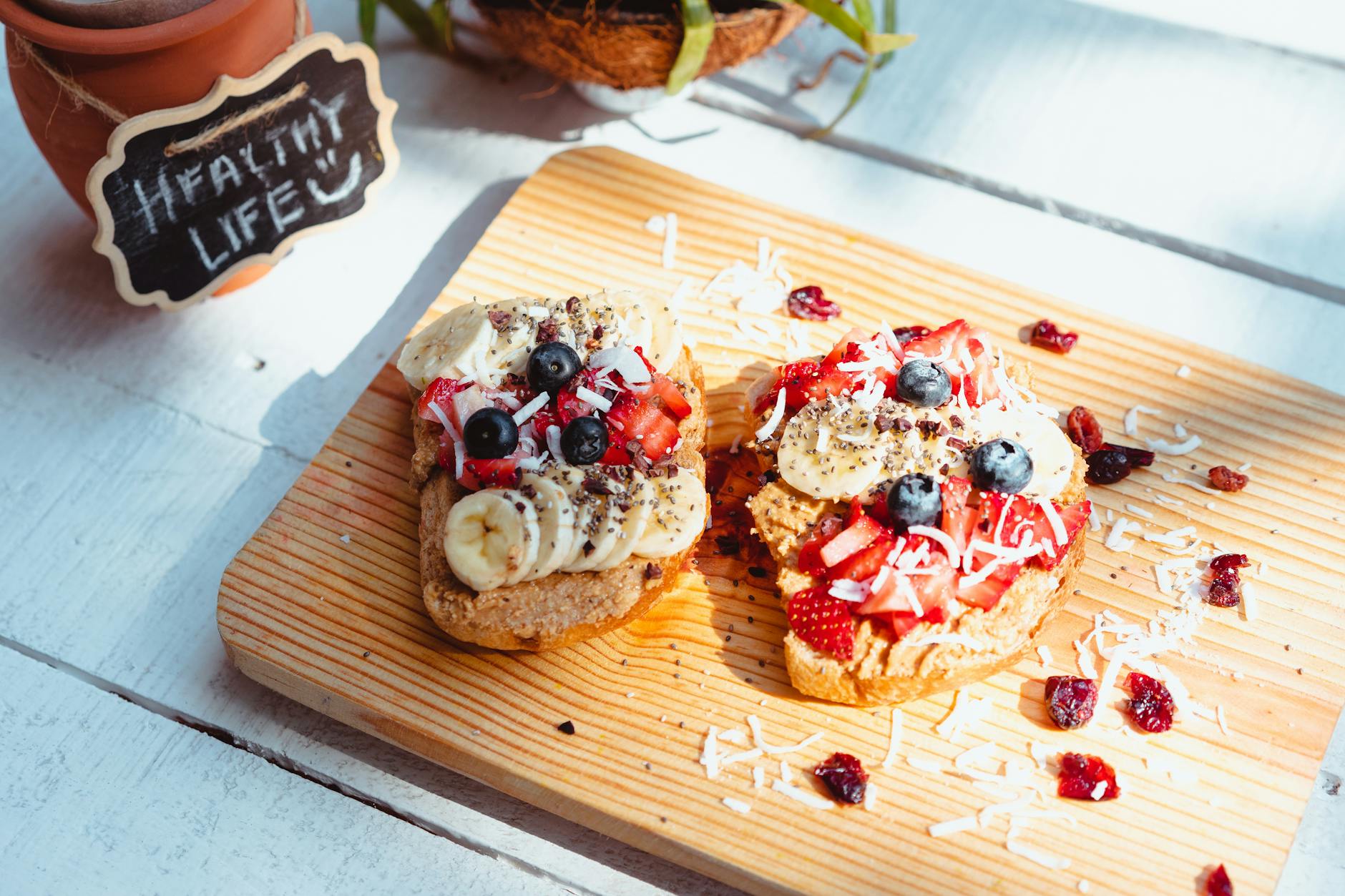Reducing sugar intake is linked to various health benefits, such as weight management, lower risk of diabetes, and improved dental health. Excessive sugar consumption has been associated with increased risk of obesity, heart disease, and other health issues.
There’s no problem too large that sugar cannot solve, a common quote that can send you to an early grave.
Sugar treats are what we call them. From cakes to sweets, to sugary drinks.
Most of us would jump into taking these sugary treats whenever we feel a little bit depressed or sad, to bring back the good mood.
Some other people will use these as sweet bribes for children to do something, for example, I will give you some chocolate if you do better in your exams. Which is a sad norm.
Consistent intake of highly processed carbohydrate foods with very high glycemic indexes will get you insulin resistance.
It usually in most cases, does not show any cause for alarm, but soon enough you may start to show one or more of these symptoms;
- Weight gain, your clothes stop to fit.
- Increased body fat.
- Some pigmentation around your neck.
- An Unending tingling sensation on your legs.
- Body pain.
- Frequently urinating.
- Hunger even after eating.
- Fatigue.
- Constantly feeling thirsty.
These are symptoms of insulin resistance.
Insulin resistance refers to a condition in which the body’s cells become resistant to the hormone insulin, which is responsible for regulating blood sugar levels. This can lead to high levels of glucose in the blood, which can cause a variety of health problems over time
This may eventually lead to pre-diabetes, and then diabetes, and at the same time increases your risk of several cardiovascular diseases, PCOS, and even certain types of cancers.
What does eating sugar do to your body?
As much as we love to binge on these sweet treats, we may want to understand what effects sugar would have when you overconsume it.
Our bodies depend on glucose for energy, you realise that when you go hungry for even a few hours, your body starts to complain.
You may have extreme fatigue, loss of concentration, anger and so on. This is your brain simply telling you, to eat something.
Carbohydrate foods are where we get our glucose. Even though the body has the ability to source energy from fats and proteins, in cases where there’s no more glucose, or glycogen available in the body, or when it’s unable to use insulin effectively to push the glucose to the cells around the body.
The effects of sugar;
- High blood pressure
- Increased inflammation
- Weight gain, obesity
- Fatty liver disease
- Type 2 diabetes
- Acne
- Cancer
- Heart disease
Digestion of sugar
Once you take in any form of carbohydrate food, digestion starts from your mouth and goes through your stomach and intestines.
Glucose is needed by most body organs, especially the brain. Without this, you’ll start to feel lethargic and body weakness.
For people living with any type of diabetes, going on a low-carbohydrate diet is essential.
The problem is with the insulin function. When digestion starts, the glucose goes into your bloodstream, then the hormone insulin helps the glucose go around the body.
When there’s excessive intake of glucose, you may develop insulin resistance, in other extremes, there will be too much storage of glucose as fat in the liver, leading to fatty liver disease.
Insulin resistance is what often leads to type 2 diabetes, and fatty liver disease, which was in the recent past believed to be caused by too much alcohol intake, now increased sugar intake, tops the list.
Sugar intake and the risk of PCOS
Increased intake of sugar on its own, predisposes you to becoming obese and overweight, both of which are risks of PCOS.
From how our bodies process sugar, we realize often too late that we don’t need to take in more than we should have.
Too much intake of sugar-rich foods increases your body’s demand for the hormone insulin, which eventually leads to resistance. Insulin resistance amongst other factors is what leads to PCOS.
Tips for managing PCOS
- Manage portion sizes, work on reducing the amount of carbohydrate foods on your plate, instead eat more fruits and vegetables,
- Go for less refined grains, whole grains high in fibre
- Limit the added sugars, salts
- Embrace heart-healthy fats
For heart health, try these healthy fats
- Vegetable oil like olive oil
- Avocado
- seed oils like sunflower, sesame
- nuts like cashews
- Peanut butter
Sugar intake and the risk of high blood pressure
You have probably already toned down your salt, but you don’t want to keep your sugar intake high.
Too much intake of these processed foods has already been linked to obesity, which can get you into developing high blood pressure.
And when that weight doesn’t go down soon, you may have an even more difficult time keeping the blood pressure under control.
The bad news about these added sugars is that they lead to increased fat storage, around the belly, fatty liver disease and other times they also cause plaques, leading to blockage of the blood vessels.
This is one of the many reasons your blood pressure will go too high to cause stroke or even heart attacks.
Sugar intake and type 2 diabetes
It can never go without saying that sugar is poison to our bodies. Type 2 diabetes, and any other forms of diabetes for that matter, when left untreated for long, leads to too many complications, like kidney failure, erectile dysfunction, blindness and so on.
The causes of diabetes, are vast, however, a history of a large intake of sugar-loaded foods tops the list. As already mentioned, when your diet consists of too much sugar, you will develop hyperinsulinemia, which gives you insulin resistance eventually. And that then becomes prediabetes and later diabetes.
Once you get diagnosed with type 2 diabetes, the first change in your diet is cutting off foods that have too much-added sugars. That is also in addition to doing portion control.
Complex carbohydrates that you can eat often
- Lentils
- Beans
- Whole grains
- peas
- Potatoes
Take Home
- Read food labels
- Fill up your plate with healthy sources of whole grains and legumes instead of super-refined grains.
- Watch out for dairy products with lots of added sugars.
A poor diet affects our brains in very many ways. What we eat also affects our mood, ability to focus and memory.
Eat like you love yourself
Discover more from Simple Nutrition
Subscribe to get the latest posts sent to your email.



This is soo comprehensive,
I love the way you have outlined and explained bit by bit
Wow